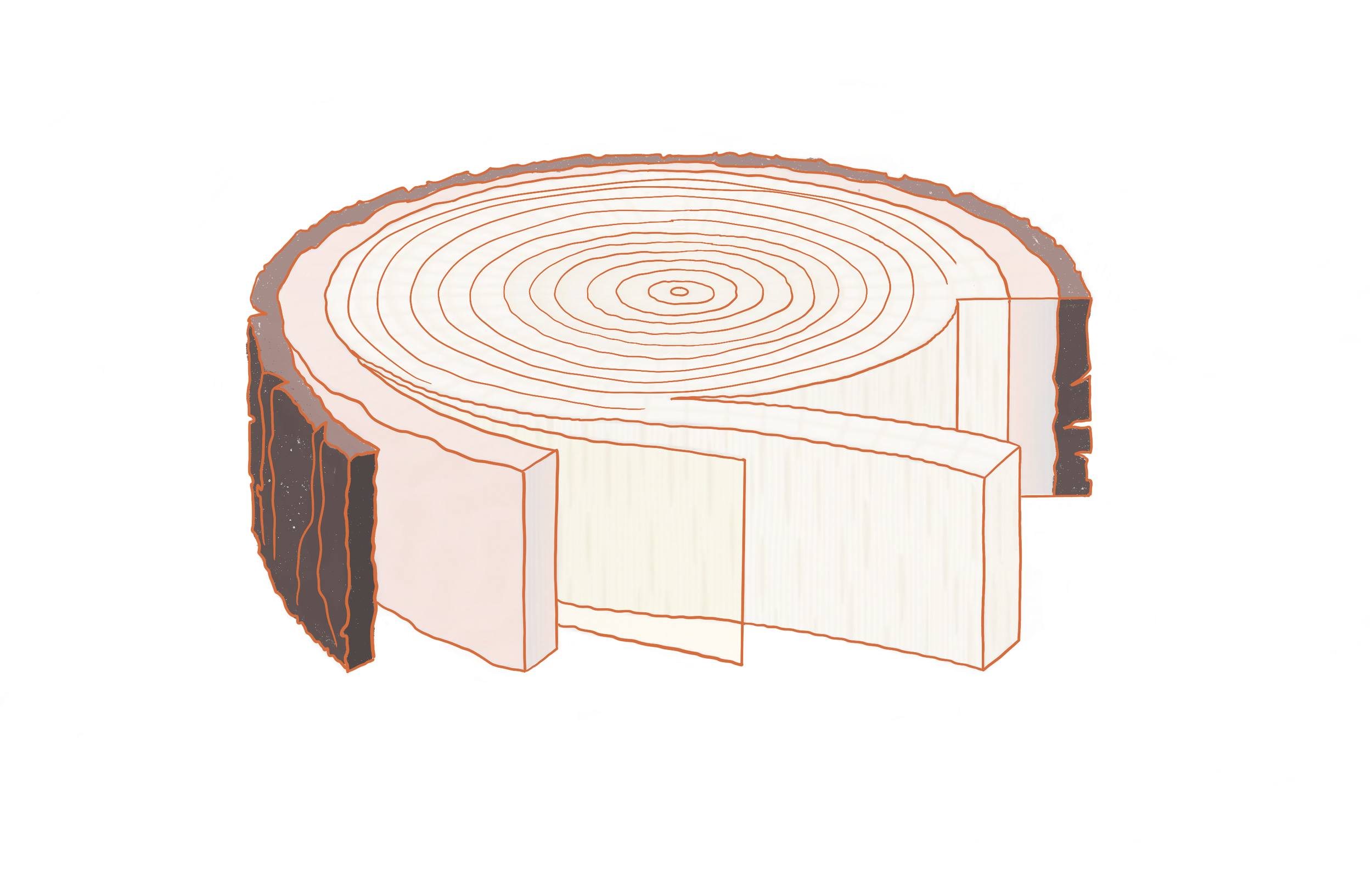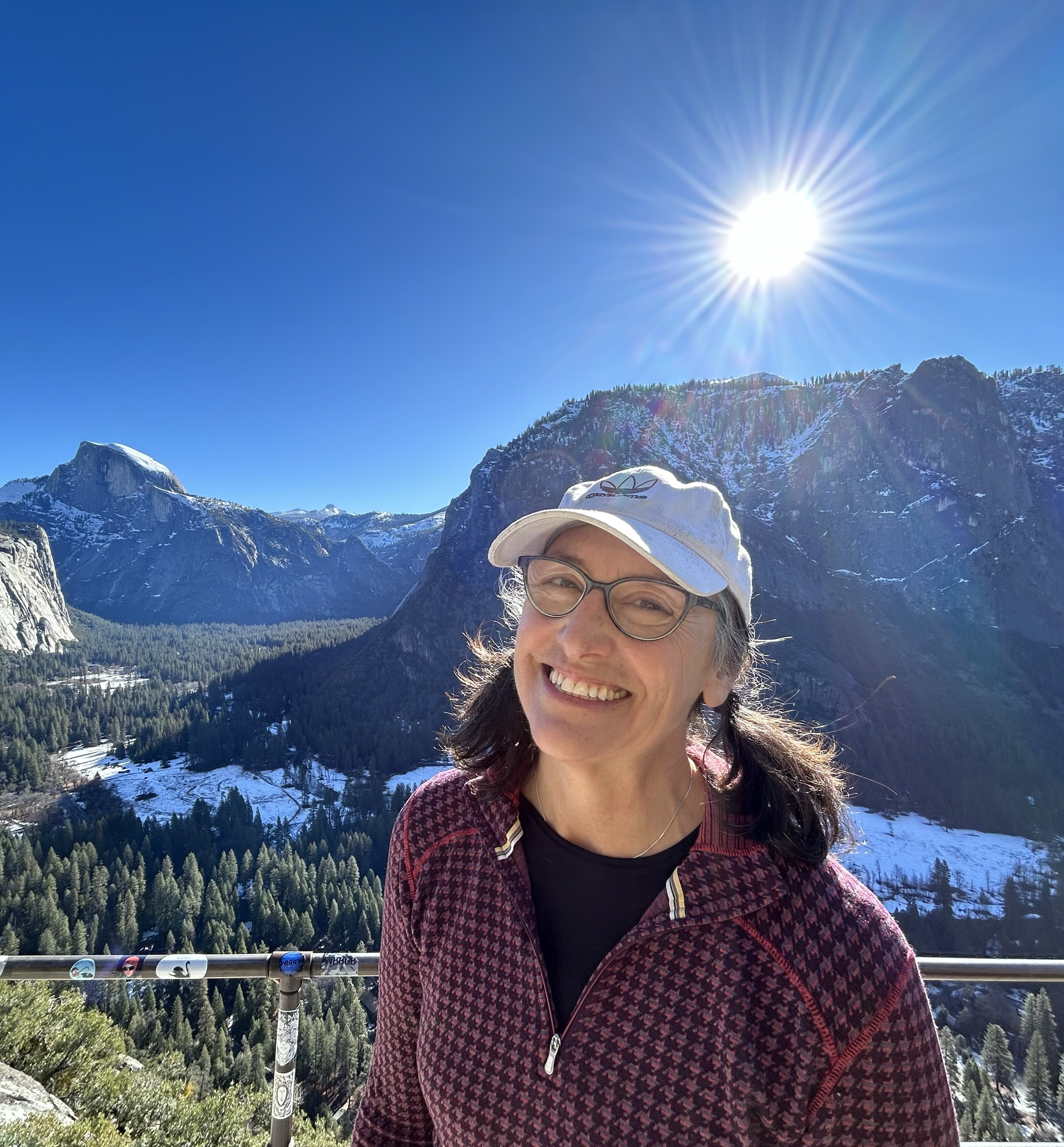
Preserving Stories
My grandmother, Leonie, an immigrant from Belize, wasn’t interested in my questions during our oral history interview. I was 25 years old, in my first year of graduate school and taking a course on African American women’s history. The final assignment was to conduct an oral history. As instructed, I’d prepared a series of chronological questions, but Leonie’s stories were circular, mixing past and present in ways that confused me. I interrupted her: What year was that? How is that related to what you were just saying? She cut her eyes at me and sucked her teeth. I knew I’d get nowhere if I kept pressing her. So I let go of the assignment and began to listen.
In this first oral history experience, I learned a great deal about my grandmother. I learned even more about the practice of oral history, especially its relationship to time and memory. When people tell difficult stories, they sometimes omit reliable time markers. These kinds of observations led me to center my career on questions about whose stories are told – and why? And which stories are saved and preserved? As a writer, scholar and oral historian, I’m committed to documenting unheard voices and expanding the archives of stories that shape our world.
I hold a BA in History from UC Berkeley and an MA and PhD in American Studies from Brown University, specializing in mid-20th-century U.S. civil rights and social justice movements. My work as an oral historian has shaped my teaching and scholarship. I believe that, from a social justice standpoint, teachers and scholars are most effective when they cede power to the greatest degree possible and listen carefully to what needs to be heard. Download a PDF of my CV.
The principle of respectful listening guides my practice.
